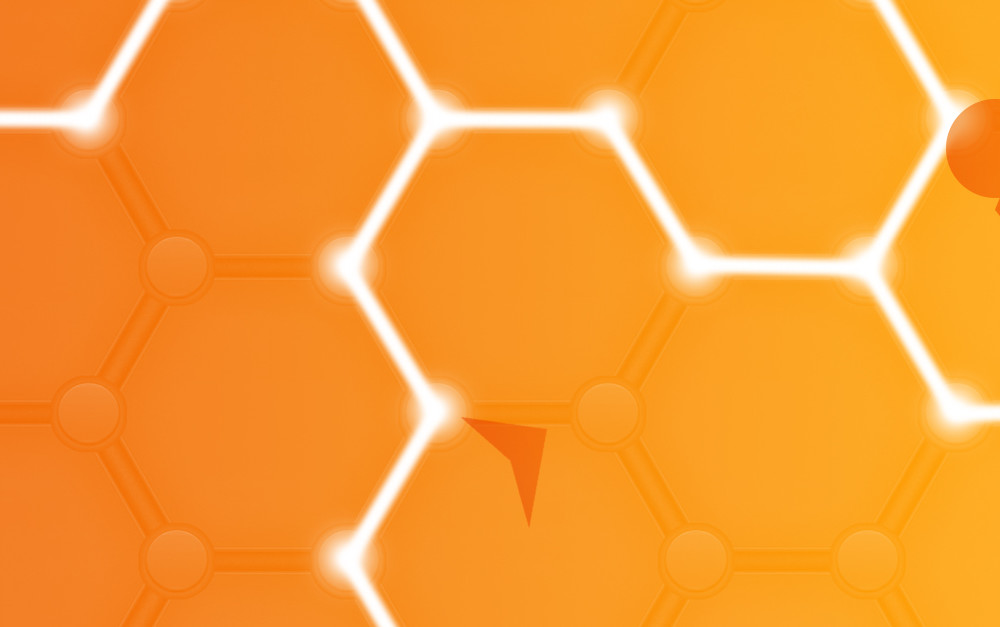
When blockchain comes to mind, what do you think of? Perhaps bitcoin? For those who are not familiar with blockchain, let us give you a run down.
A blockchain is a shared database that is managed by a global network of computers. Information held in the database is distributed and continually reconciled by the computers in the network. The computers are often referred to as nodes, miners, or peers. Whatever they’re called, the computers are creating and maintaining their blockchain by validating and transmitting entries. These entries are the data that is published by the users of the network.
Blockchain is a record of transactions, spreading across the internet as more people use cryptocurrencies. Similarly, DNA is a record of genetic transactions and mutations that spread as life expanded across the earth. Both become more complicated over time as our DNA evolves and new blocks are added to the blockchain.
In healthcare, critical information is scattered across several systems and sometimes, it may not be accessible at the most critical times. The current healthcare infrastructure has often been called inadequate to handle information exchange and requires certain tweaks. Blockchain technology could be the answer to this, by going beyond the innovation trigger which may transform how we view healthcare and data on a whole.
One of the biggest things that make the use of blockchain revolutionary in healthcare is the lack of a central administrator. This is because a database is still a tangible asset – very much consisting of bits and bytes. If the contents of a database are stored in the physical memory of a system, anyone with access to that system could quite easily corrupt the data within.
With blockchain, there will be no need for a central administrator – eliminated by clever cryptography. Plus, all the users are in control of all their information and transactions. Since healthcare deals with confidential patient information and requires quick access to information, blockchain can streamline these medical records and enable their sharing in a secure way. Blockchain, in a nutshell, offers access security, scalability, and data privacy.
The concept of blockchain in healthcare is disruptive – but it won’t be an elixir to drown down the issues of data management. Rather, it would be an evolutionary journey where blockchain is implemented step-by-step.
Don’t just take our word for it, why not look it up? Blockchain is set to be one of the biggest trends to hit the healthcare industry in 2019.
Recent article by Forbes: http://www.forbes.com/sites/danielnewman/2019/01/03/top-6-digital-transformation-trends-in-healthcare-for-2019/#3cdaf7c06911